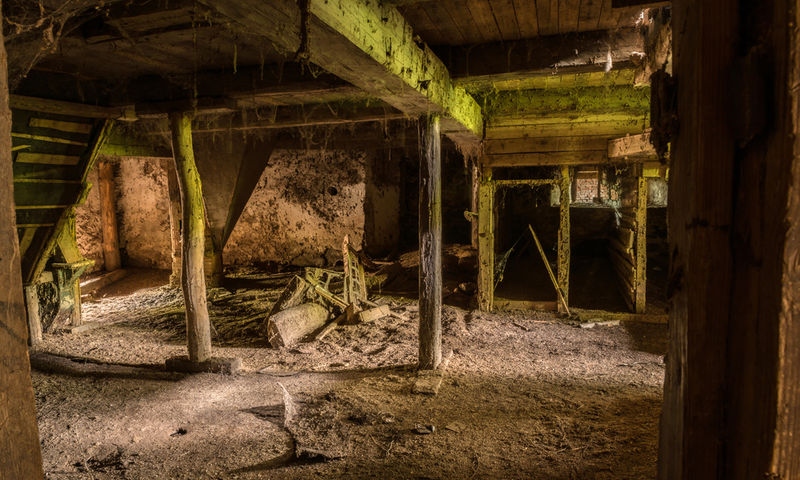With Radon Awareness Week underway, Bureau Veritas is reminding schools and universities of the importance of radon monitoring as recent research suggests that the drive for energy efficiency is raising the risk of exposure to the radioactive gas.
Research published earlier this year by University College London (UCL) found that indoor radon levels are increasing due to measures, designed to make buildings more energy efficient, having an adverse effect on indoor air quality. For example, the study found that 67% of properties with retrofit double glazing recorded greater radon levels than those without a recorded retrofit.
Responsible for over 1100 deaths in the UK each year, high levels of radon – a carcinogen known to cause Lung cancer - can be found in buildings of any type, size or location with occupants unaware of the potential danger unless a specific test has been carried out.
With this in mind, Bureau Veritas is encouraging schools and universities to revisit their radon monitoring regimes to ensure safety and compliance.
Ian Mitchell, a Principal Consultant at Bureaus Veritas, comments: “While the push to make UK buildings more energy efficient has largely been a positive step in the right direction, an unintended and unexpected consequence has been worsening indoor air quality, particularly indoor radon levels.
“With latest figures showing that radon gas exposure contributes to over 1,000 deaths each year from Lung cancer, for this year’s Radon Awareness Week we’re encouraging educational institutions to be vigilant, not only in continuously monitoring radon levels but also in having a robust and effective strategy in place that adequately protects employees.”
Under the Health and Safety at Work Act 1974, all organisations are required to carry out a radon risk assessment. UK workplaces located on below ground floors or in an area of high radon activity, and that are occupied greater than an average of an hour per week or 52 hours per year - must carry out testing as part of the radon risk assessment. Meanwhile, the Ionising Radiation Regulations 2017 (IRR17), requires all UK businesses to adhere to a radon exposure limit of 300Bq/M3 in the workplace,
Ian adds: “Although carrying out a radon assessment may not be the top priority for many businesses, the need to ensure the right preventative measures are in place cannot be overstated. The good news is that it’s simple and cost-effective to measure radon levels and relatively straightforward, depending on the potential level of risk, to manage and mitigate the risks.”
Bureau Veritas has a dedicated Radiation Protection Advisor (RPA) and offers a full scale of consultative services in the area of radon risk management. For further information, call 0345 600 1828 or visit www.bureauveritas.co.uk/radon.


